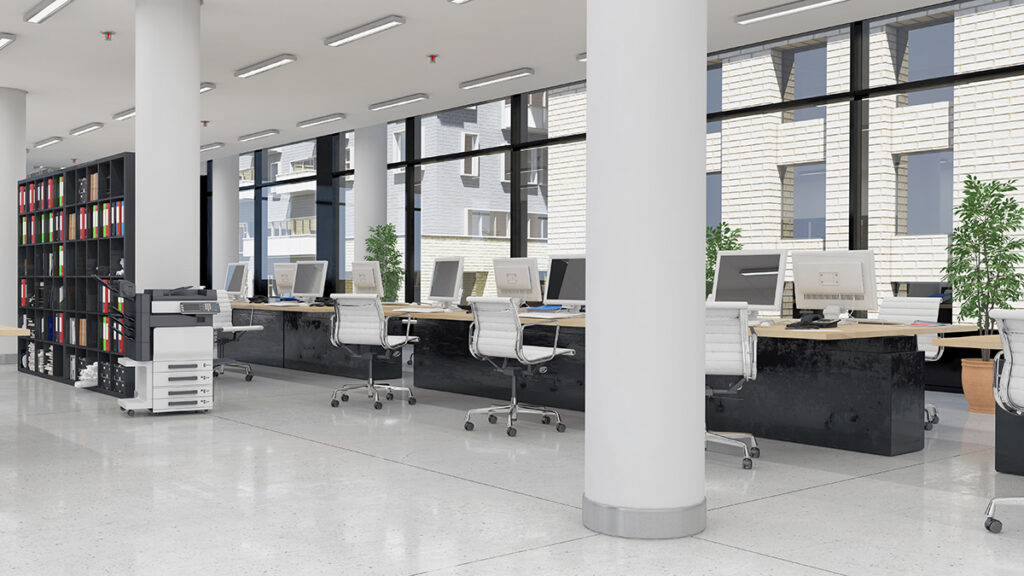An article written by Amy Liu, who is the Vice President and Director of the Brookings Metropolitan Policy Program and the Adeline M. and Alfred I. Johnson Chair in Urban and Metropolitan Policy, analyses the future of cities and the relationship between cities and workers, post-pandemic.
As the pandemic has enabled more people to work remotely, many have relocated to a different city or the countryside; and many others have carefully thought about what their future lifestyle might be, should remote-working become the rule rather than the exception.
This mass (and in some cases massive) change of paradigm has made cities re-think themselves. In particular, as a response to this new phenomenon, cities have been strategizing on how to attract new and more remote workers to their territory.
Liu argues that with little evidence on mass migration and relocation, under the current climate, cities should concentrate their efforts on retaining the exiting labour rather than focusing (too much!) on attracting new one.
The future city is not a prediction game, but rather and very much so a choice
Furthermore, Liu provides several considerations for both the public and private sector on how to rebuild post-Covid19 cities better:
- The knowledge economy demands density. For example, Liu explains that in the the U.S., R&D services and high-tech manufacturing are concentrated in only five coastal areas. What these five areas have in common is: density of talent + university research + quick conversion of ideas into start-ups + dynamic places + high interaction among people.
- Proximity could reinvent the office market or, in other words, the location, the typology and the design of office space will play a key role. Liu argues many suburban our outdated office buildings were desolate even pre-pandemic. This is the time to step up the game as working becomes more hybrid, with a combination of in-office and remote hours.
- The post-pandemic city must work for all workers and not only for those working remotely. Liu explains that while most of “most of the nation’s highest-income workers (62%) are able to work from home. Everybody else: not so much.” There are also transport and housing challenges. Better cities must be inclusive!
- The importance of supporting small business and minorities as the Metro Recovery Index indicates, for example, that one-third of small businesses in cities such as New York, Washington D.C. and Houston have closed since January 2020. The hyperlocal is crucial in supporting the economy, the job market, and the character and identity of people, societies and entire areas.
Liu concludes that the future city is not a prediction game, but rather and very much so a choice.
This post gives the views of its author, not the position of ESCP Business School.
